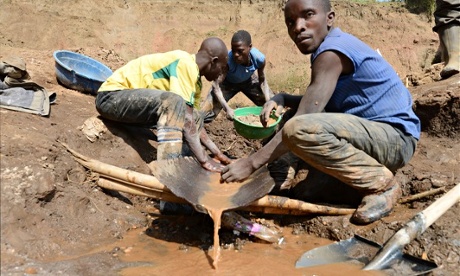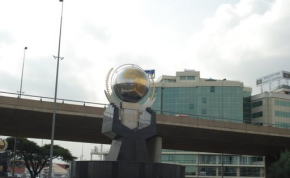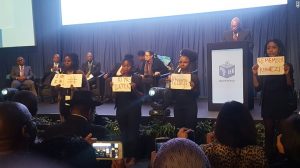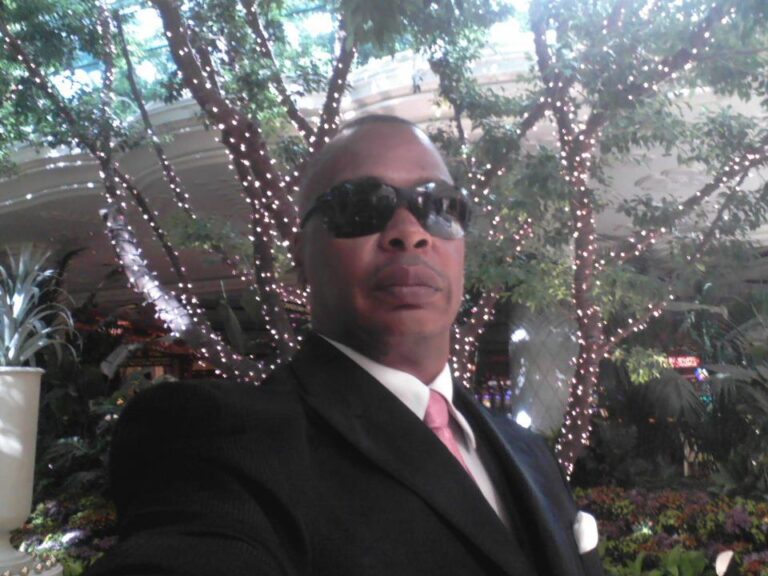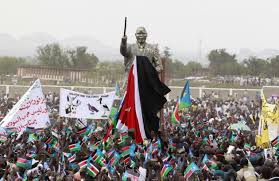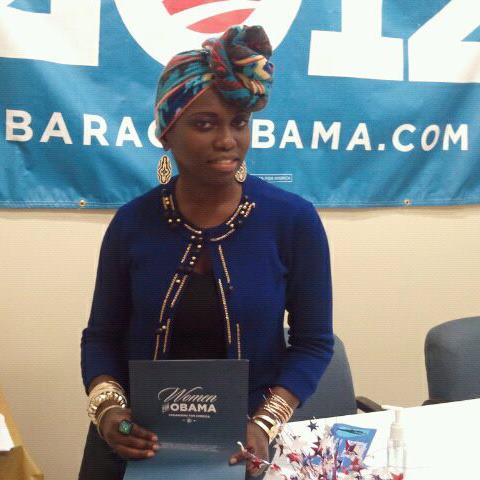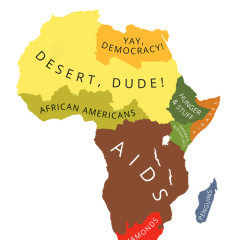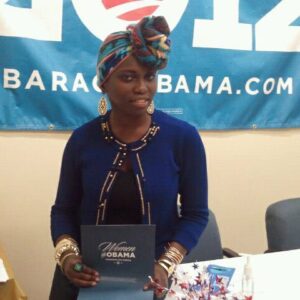Once again, four young women -- named in local media as Naledi Chirwa, Simamkele Dlakavu, Tinyiko Shikwambane and Amanda Mavuso -- shook the nation as they stood silently in front of a stage where Zuma was addressing the nation on the close of the local elections at the Independent Electoral Commission in Pretoria.
From the onset, it wasn't a great night for Zuma, his ruling party the ANC, ceded control of significant municipalities in the recent elections.
It was about to take a turn for the worse. As Zuma took to the podium, the left-wing party the Economic Freedom Fighters staged a walk out as they normally do, but at the same time four girls quickly moved to the front of the stage.
Dressed in black, they held up pieces of paper with a powerful message in red, resurrecting a haunting memory. The posters read:
- I am 1 in 3
- 10 years later
- Khanga
- Remember Khwezi
The silent protest was humiliating for Zuma as it reminded the country that 10 years ago he was acquitted of rape charges.
Khwezi was the pseudonym given to the woman who accused Zuma of rape in 2005.
Khanga -- the traditional outfit she wore at the time of the alleged assault. 1 in 3 -- the number of women raped in South Africa.
Oblivious to the real reason the women were standing in front of the stage, with their back to him, Zuma continued his speech but the audience was rattled and whispers spread across the room.
The women stood silently, overshadowing the president's speech.
Media congregated around them, while anxious ANC delegates discussed ways to defuse the situation.
Mobile phones hovered above the crowd as the audience strained to capture the moment.
And then it all imploded -- Zuma walked off stage and state security aggressively removed the women.
The gathered media was told not to exacerbate the situation and the Independent Electoral Commission apologized to the president.
The women, who received accreditation to the event through the EFF, were escorted into a room away from the media's view.
Later they said it was a spontaneous decision and did not want to affiliate the protest with the political party.
They were eventually released without charge. By then, social media exploded and the intent of the protest was questioned.
Videos of the inappropriate removal of the protesters also became a hot topic.
A few days later Zuma has found himself celebrating courageous women and unveiled the statues of the fearless four.
And 60 years later the power of silence and the written word is igniting much needed debate once again.


